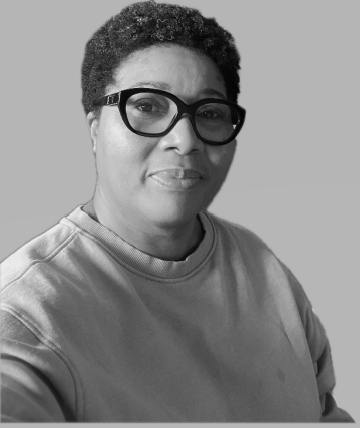Adjustments for Accrued & Prepaid Expenses (Cambridge (CIE) O Level Accounting) : Revision Note
Adjustments for Accrued & Prepaid Expenses
How do I record accruals and prepayments of expenses on the financial statements?
Calculate the total amount that is due for the current year
See the revision note Accrued & Prepaid Expenses for more information
Accrued expenses are amounts which remain unpaid at the end of the accounting period
Prepaid expenses are amounts that are paid in the current accounting period but relate to a future accounting period
The total amount due for the year is the value included on the income statement
If an expense has an accrual then add that value to the balance of the account
If an expense has a prepayment then subtract that value from the balance of the account
The amounts of the accruals or prepayments are stated on the statement of financial position
The amount of an expense that is accrued is treated as a current liability
Label it as other payables
The amount of an expense that is prepaid is treated as a current asset
Label it as other receivables
Examiner Tips and Tricks
To help remember whether an accrual or a prepayment of an expense is an asset or a liability, consider whether the business still owes money. If it does then it is a liability.
Examiner Tips and Tricks
Where there are several accrued expenses, it is usual to show them all added as one figure on the statement of financial position called other payables under current liabilities. Similarly, several prepaid expenses are added together as one figure called other receivables under current assets.
Worked Example
Jenny runs a garage and her financial year ends 31 December 2023.
Jenny receives the electricity bill for her garage at the end of each month. The charge is $250 per month and Jenny pays by cheque on the 5th of the following month. At 31 December 2023, Jenny has not yet paid the bill for December.
Jenny pays insurance, $600, every six months. The payment is made in advance of six months. At 31 December 2023, Jenny has paid in advance for the following three months.
Prepare extracts of the financial statements to show how the electricity and insurance are treated.
Answer
Electricity:
Calculate the amount due for the financial year
12 ✕ $250 = $3 000
This is the amount that will be stated on the income statement even though not all of it has been paid
Identify the amount still owed for December
One month’s bill of $250
This will be listed as a current liability on the statement of financial position
Insurance:
Calculate the amount due for the financial year
$600 ÷ 6 = $100 per month
12 ✕ $100 = $1 200
This is the amount that will be stated on the income statement even though more has been paid
Identify the amount that has been paid in advance
Three months: 3 ✕ $100 = $300
This will be listed as a current asset on the statement of financial position
Jenny Income Statement (extract) for the year ended 31 December 2023 | ||
Expenses | $ | $ |
Electricity | 3 000 | |
Insurance | 1 200 | 4 200 |
Jenny Statement of Financial Position (extract) at 31 December 2023 | |
$ | |
Current assets | |
Other receivables | 300 |
Current liabilities | |
Other payables | 250 |

You've read 0 of your 5 free revision notes this week
Unlock more, it's free!
Did this page help you?

